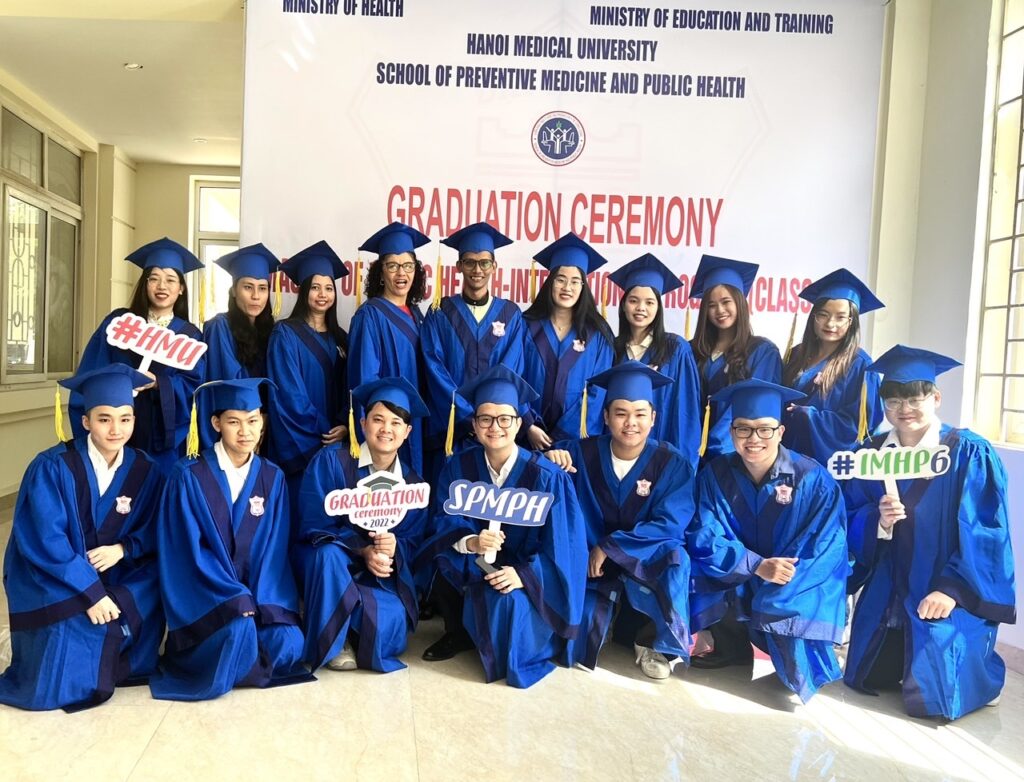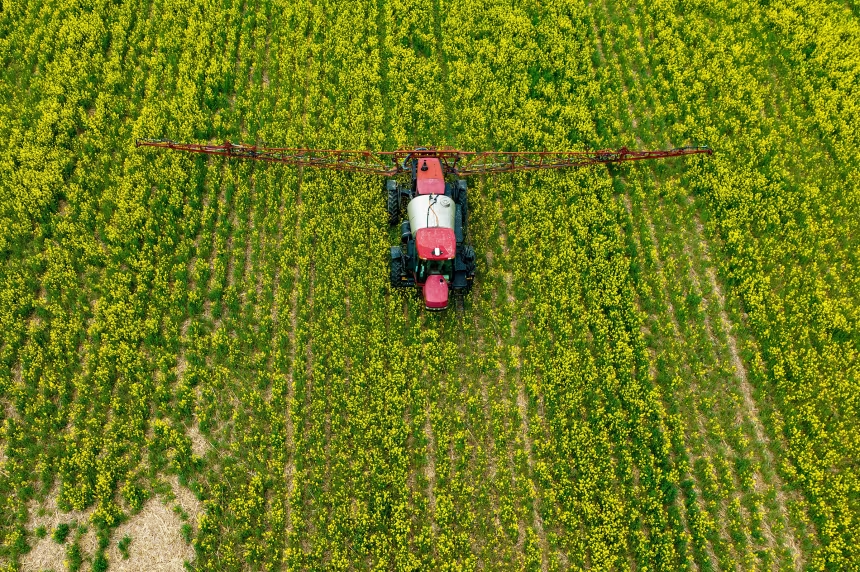Building Local Research Capacity to Improve SRHR Globally

Building Local Research Capacity to Advance Sexual and Reproductive Health
Every policy that improves sexual and reproductive health and rights (SRHR) is rooted in evidence. Behind that evidence are skilled researchers who understand the communities they serve. When researchers are trained and supported locally, health systems respond more effectively, services improve, and human rights are upheld.
The HRP Alliance, coordinated by the UN’s Special Programme in Human Reproduction (HRP), is working to build sustainable research ecosystems around the world. Since 2017, the Alliance’s seven regional hubs have empowered researchers through training, mentorship, fellowships, and institutional support. Their efforts are helping close data gaps, improve care, and inform policy in ways that reflect local needs.
7 Stories of Impact Across the Globe
Brazil
At the CEMICAMP center, the hub for the Americas responded to the Venezuelan migration crisis by training researchers to study the SRHR needs of displaced populations. Findings led to better understanding of access to HIV care and sexual violence services.
Burkina Faso
The Francophone Africa hub at IRSS is building a regional data and training center. Fifty Master’s and PhD graduates are now leading SRHR research in West and Central Africa, with studies guiding postpartum contraception and maternal care strategies.
Ghana
In partnership with the London School of Hygiene and Tropical Medicine, the Anglophone Africa hub at the University of Ghana developed a joint Master’s programme. Graduates now lead national SRHR units and major research projects on adolescent health.
Kenya
The APHRC hub created a training model called values clarification and attitude transformation, helping health workers reflect on personal beliefs that may impact their approach to sensitive issues like abortion, HIV, and sexuality. The model is now used across Africa.
Pakistan
During the COVID-19 pandemic, the Eastern Mediterranean hub at Aga Khan University partnered with hospitals to improve maternal care and detect maternal sepsis. Their emergency-responsive model is now a standard for hospital-based research.
Thailand
The South-East Asia hub at Khon Kaen University supported Myanmar-based researchers in fragile contexts. Their work is influencing maternal health policy, promoting respectful care during childbirth, and expanding cervical cancer screening.
Viet Nam
At Hanoi Medical University, the Western Pacific hub launched an SRHR track within its International MPH programme. Graduates strengthened skills in research methods and now work in national institutions, including Viet Nam’s Ministry of Health.
Different Methods, Shared Goals
Each HRP hub takes a unique approach—some focus on academic programmes, while others prioritize practical research and short-course training. But all share the same mission: to build sustainable, locally led research ecosystems that respond to regional SRHR challenges.
When researchers are trained, mentored, and supported locally, they ask the right questions. The answers they find lead to stronger systems, better services, and lives filled with dignity and choice.
Source: World Health Organization
: 237







